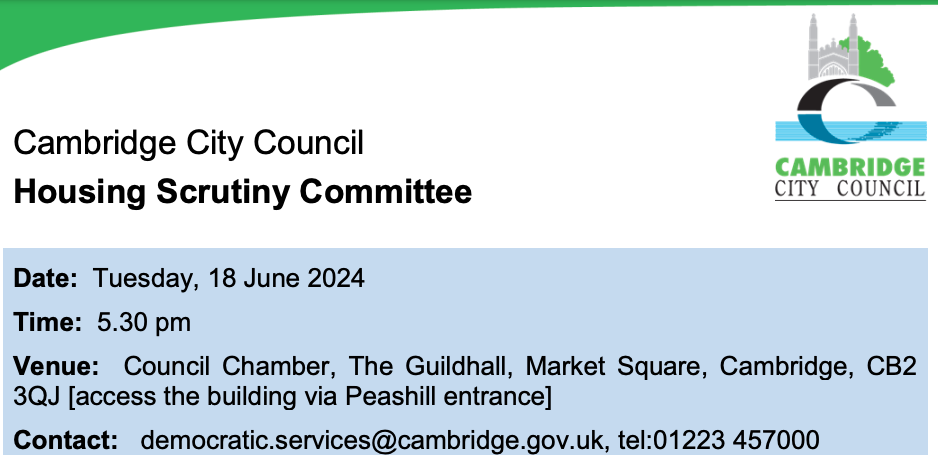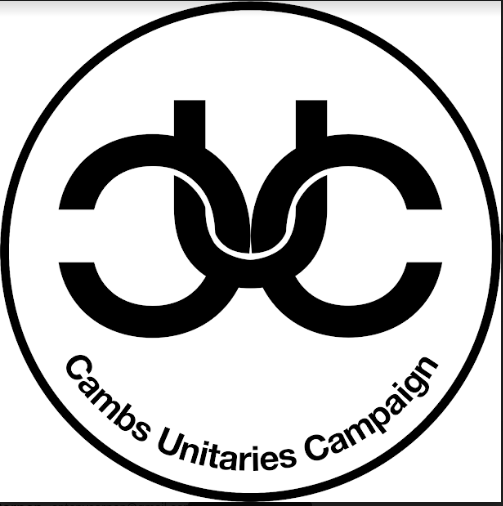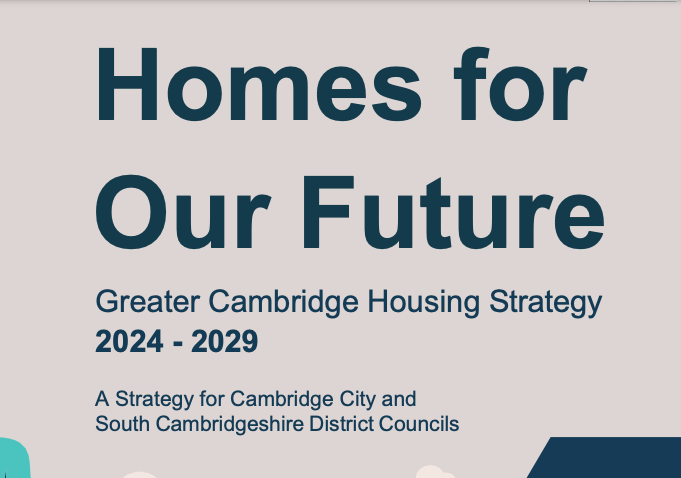Given the looming general election, wouldn’t it have been an idea to withhold this until later in the year to see what any new policy announcements the next government makes?
You can read the strategy at item 11 Annex A of Housing Scrutiny Committee’s meeting papers here, which is scheduled for Tuesday, 18th June, 2024 5.30 pm at The Guildhall. It’s open to the public – but if you want to ask any questions you will need to email them to the committee by Friday 14th June via the details below.

Above – if you want to table any public questions to a city council meeting, contact democratic services
Air BnB out of control?
The housing crisis is a general election issue. The Liberal Democrats published their manifesto today. You can read the full document here – scroll down to near the foot of the page for the different versions (full/summary/easy-read). In particular the party’s policy is:
“[To] Give communities more control over the number of second homes and short-term lets in their areas.”
and they also plan on…
“….giving councils the freedom to set planning fees to reflect the actual cost of delivering an efficient planning service, and building more homes to relieve the soaring demand for temporary accommodation.“
Liberal Democrats General Election Manifesto 2024 p75
The latter has been a particular challenge for the Greater Cambridge Shared Planning Service. It will be interesting to see which parties match that commitment.
On short-term lets
“Cambridge City Council in particular has been seeing an increase in reports of private homes being used as short-term holiday lets. As well as complaints around noise and anti-social behaviour and potential safety concerns, this growing trend may be impacting on the supply of homes available for people to live in. We need to get a better understanding of the scale of the problem and, if necessary, work with government and other partners to find solutions.”
Cambridge City Council Housing Scrutiny Committee papers item 11 Annex A p21
Therefore much rests on what additional powers the next government chooses to grant to local councils – and whether it needs to go to Parliament and table new legislation to give councils the powers they don’t yet have but desperately need.
A reminder: Parliament is sovereign.
This issue will come up time and again, and is at the root of so many of the challenges the UK faces. Understanding what it means and how it manifests itself in UK politics is at the heart of understanding the public policy process.
“Parliamentary sovereignty is a principle of the UK constitution. It makes Parliament the supreme legal authority in the UK which can create or end any law. Generally, the courts cannot overrule its legislation and no Parliament can pass laws that future Parliaments cannot change. Parliamentary sovereignty is the most important part of the UK constitution.”
What makes standing for Parliament a really big deal is that the candidates are asking ‘the people’ – the constituents in a constituency/area of the country who are eligible and registered to vote, their approval to be their representatives in the House of Commons, and empowering them to use their judgement in voting on/granting their collective authority to any legislation tabled before it. i.e. candidates are asking the voters of a constituency for their consent to become part of a select group (650 people at the last count) with the authority to table, amend, change, and bring in new laws that apply to whichever part of the country that Parliament collectively sees fit.
When it comes to charging fees and imposing new taxes, there are the best part of 200 years of laws that apply to what councils can charge for, and/or tax, by what means, and for what goods and services. Therefore any changes to these will require the consent of Parliament.
“Will Cambridge City Council & South Cambridgeshire District Council seek new powers?”
I hope so!
I would expect the Liberal Democrats on both councils to table motions in the next six months ‘…calling on the Government to make provisions for…’ the powers that are in the Liberal Democrats manifesto. Furthermore, I cannot think of reasons why a future Labour government as seems likely, would want to block such a measure.
A new retrofitting pilot scheme
Several of us have been calling for this for ages.
“[Cambridge City Council will] Implement its new net zero retrofit pilot project to retrofit 50 council homes to net zero carbon standards.”
Cambridge City Council Housing Scrutiny Committee papers item 11 Annex A p24
One of the things several environmental campaigners called for was street-by-street retrofitting in response to the climate emergency. This proposed pilot scheme provides the opportunity to test this concept and find out how best this can be done, what the problems are, and how to overcome them. And then apply those lessons elsewhere.
This matters because Cambridge City Council has got a significant number of council houses that are approaching the end of their lifespan. Furthermore, comprehensive redevelopment is both resource and carbon intensive. Are there cheaper and more environmentally-friendly methods of getting existing homes up to a decent standard so as to reduce the environmental impact of living in them?
Preventing loneliness
This is why I blog about stuff and lobby local councillors.

Cambridge City Council Housing Scrutiny Committee papers item 11 Annex A p28
I’m not going to pretend it was all due to my blogposts such as this one on how Cambridgeshire deals with loneliness. I’m not going to pretend that I played a big part in it either. It could have been sheer co-incidence for all that I know, and that this came about because lots of local residents had been feeling similar things. The fact that The House of Commons Library published this research paper in 2021 shows that this was already a public policy issue at a national political level. Therefore the city council and local politicians would have at least heard about the issue from top-down communications.
A reminder that there’s only so much local councils can do.
This diagram from the strategy on p8 reflects this.

Cambridge City Council Housing Scrutiny Committee papers item 11 Annex A p8
Note item number 10. There’s very little that a council can do if the supply of construction workers is suddenly restricted, or if the costs of building materials suddenly rises – as happened in recent years. Intervention depends on the Political appetite and the Political philosophy of the political party in government. With the Conservatives the default is ‘to leave things to the market’ – even though the evidence shows there is no such thing as a perfectly competitive and perfectly-functioning market. (‘Market failure’ is one of the justifications for state intervention – to what extent and with what policies depends on your own political views).
It will be interesting to see what policies the next government brings in that increases the sphere of influence of local councils. Because at present that entire sector/tier of the state has been utterly enfeebled by years of Conservative governments.
Food for thought?
If you are interested in the longer term future of Cambridge, and on what happens at the local democracy meetings where decisions are made, feel free to:
- Follow me on Twitter
- Like my Facebook page
- Consider a small donation to help fund my continued research and reporting on local democracy in and around Cambridge. (Chronic illness means I am on Universal Credit)
Below – one option to improve governance and accountability is to move to a unitary structure of local government. The Cambs Unitaries Campaign was formed to secure such better local government arrangements. See https://www.cambsunitaries.org.uk/our-objective/

